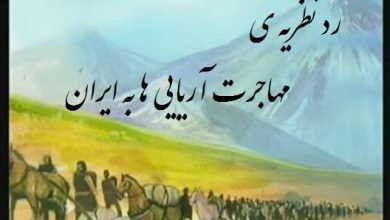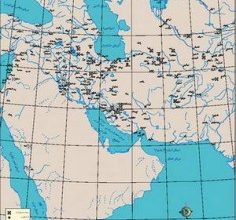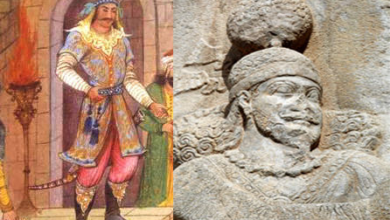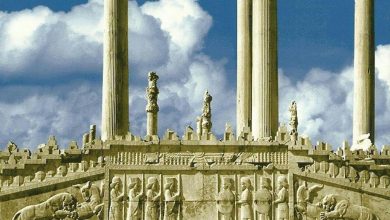(Mehstan) National Assembly and Council in ancient Iran
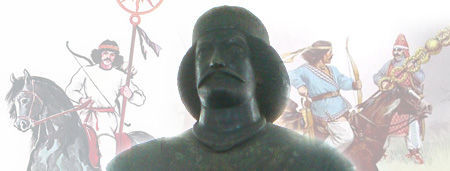
Council and consultation for government administration have a long history in the history of Iran. Historical narratives, legends and relics of antiquity indicate the existence of intelligent and wise advisers to kings.
But perhaps the concept we know as the parliament officially entered the Iranian governments during the Parthian period, the most famous of which was the Mahestan parliament..
Although during the Achaemenid era, the kings consulted with their advisers and these advisers played an important role in the administration of the government, but the king had the last word, but it seems that in the Parthian era, the role of the assemblies became much more colorful and in many cases the last word was played by the assembly.
It can be said that the concept of parliament in the Parthian period was the result of the experiences of other civilizations, headed by Achaemenid Iran and Greece..
Some scholars believe that there were two important parliaments during the Parthian period. The first was the Assembly of Relatives and the second was the Assembly of Clerics. The meeting of these two parliaments is called Mahestan Majlis.
Hassan Pirnia writes in the history of ancient Iran:
Mehestan was a council where the Parthian kings consulted with its members to manage the country's affairs. This assembly was formed by the members of two other assemblies, the first was the family assembly of the male members of the royal family, the second assembly was composed of old and experienced men and high-ranking Parthian clergymen.. And sometimes these two assemblies were held together, which was called Mughstan or Majlis of the Elders, and this word must be from Mushaf Mehestan to agree with the meaning of the mentioned Majlis, which was the assembly of the elders, and as a rule, it cannot refer to the Mughals, even if this Majlis is only of the Mughals. does not form.
Professor Arthur Christensen writes about these assemblies:
After the death of the king, the elders would appoint the king according to their wishes…Justinius called this council the Senate, and we know that the chiefs and governors were elected from among the members of these councils.(Strabo Book 11, Chapter 9 - Justinus Book 41, paragraph 2, paragraph 2)
Therefore, government and leadership were not inherited jobs; The senators called themselves relatives of the emperor, all of whom belonged to the royal family or to members of six other prominent dynasties.…
There is also evidence that there is another association that can be called the Assembly of Wise Men and Moghans.. The Parthian sultans took their vote into consideration … Says Strabo: "The election of the emperor always took place in these two associations.".
But it seems that the influence [Mughan Association] It was not very strong and it has never been heard that the assembly of Danayans and Mughans had an influence on the fate of the Parthian monarchy. Its power has only been advisory, unlike the Senate, which is considered the real power in the country.
It seems that the elders in ancient times were familiar with the politics and principles of statehood from the beginning and naturally made better decisions to run the country, and perhaps this is why it was very important to pay attention to the elders in ancient times.. On the other hand, ancient Greek democracy - which is different from the concept we know today as democracy- It mostly led to the loss of public interests, and therefore some of the great Greek philosophers opposed it and suggested ways to improve the situation.. Socrates and his students Plato and Xenophon are among the most well-known people who opposed the existing conditions in that society.. With the reforms that took place in democracy as well as in the authoritarian system, new powerful governments emerged that played an important role in human civilization..
The types of governance methods that are common among the people of the world today are the result of learning from many human civilizations. These human experiences have improved the state of affairs in the world today.
Themes:
Hassan Pirnia. Ancient Persia. Book World Publications
Arthur Christensen. Iran during the Sassanids. Jasmine Broadcasting Center
ابوالحسن تهامی. The life of Cyrus. Negah Publications
Taken from Ahura Campus


